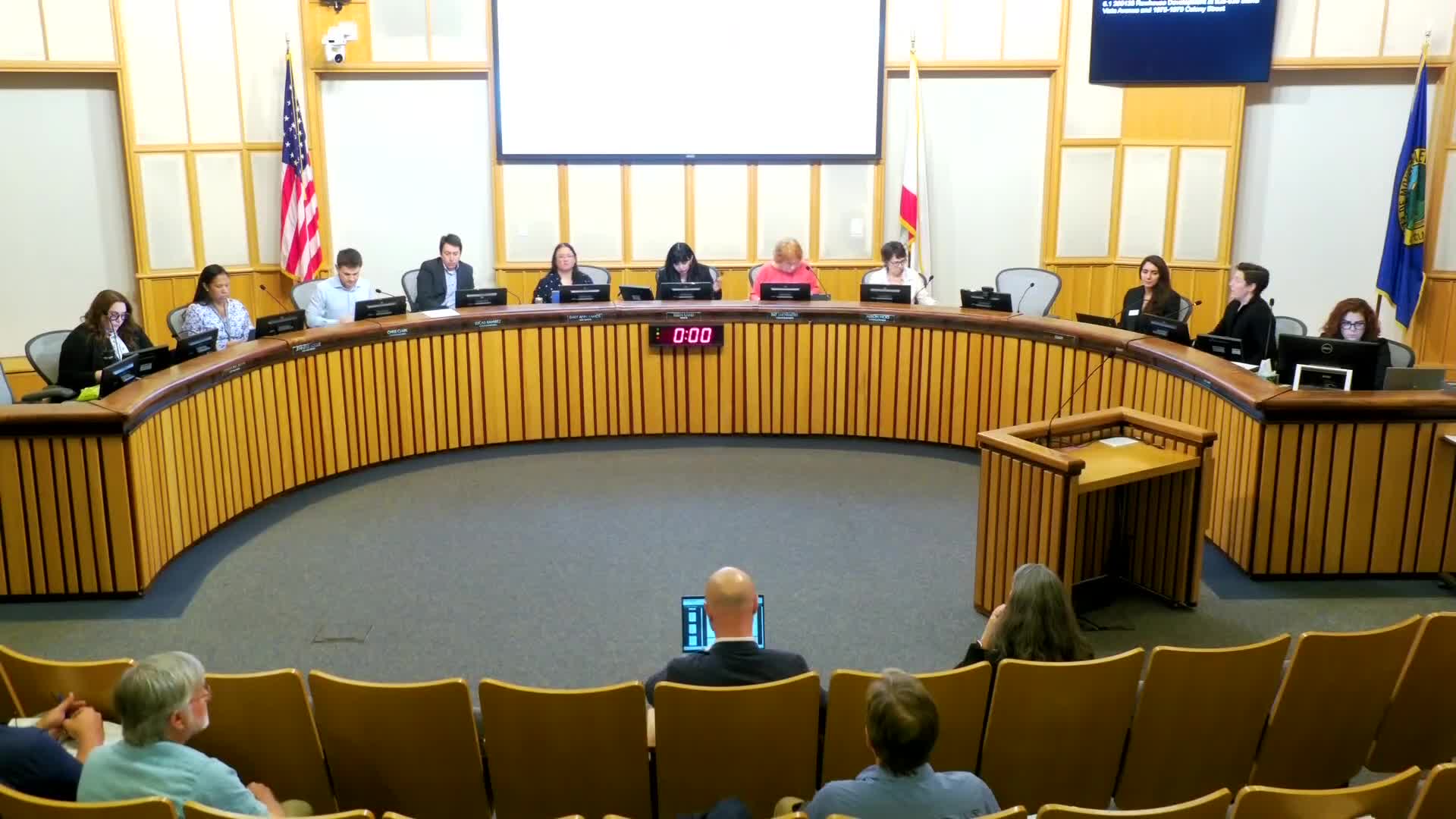Article not found
This article is no longer available. But don't worry—we've gathered other articles that discuss the same topic.
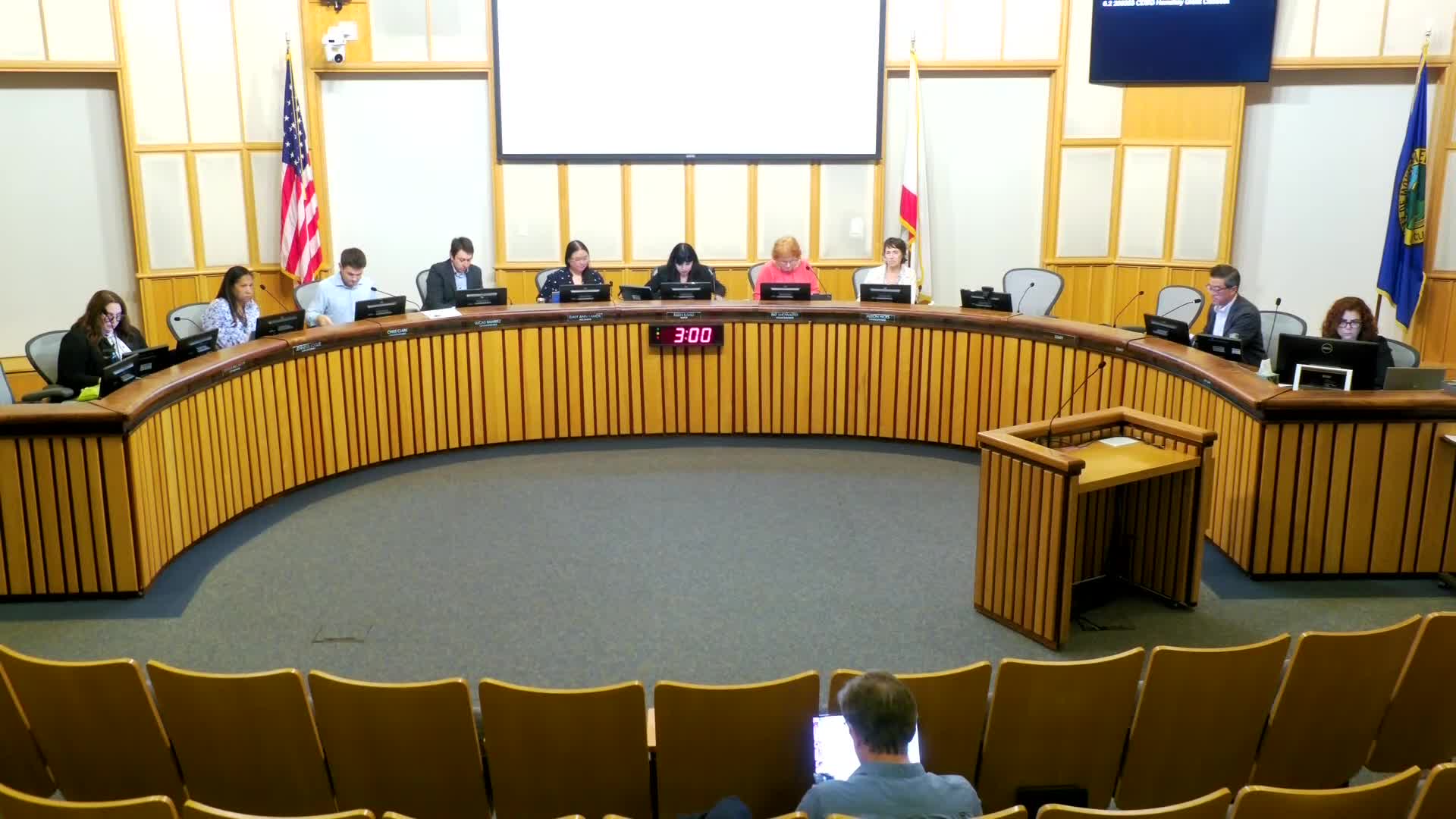
Council accepts CDBG Homekey closeout report; $1.6 million to revert after partial spending
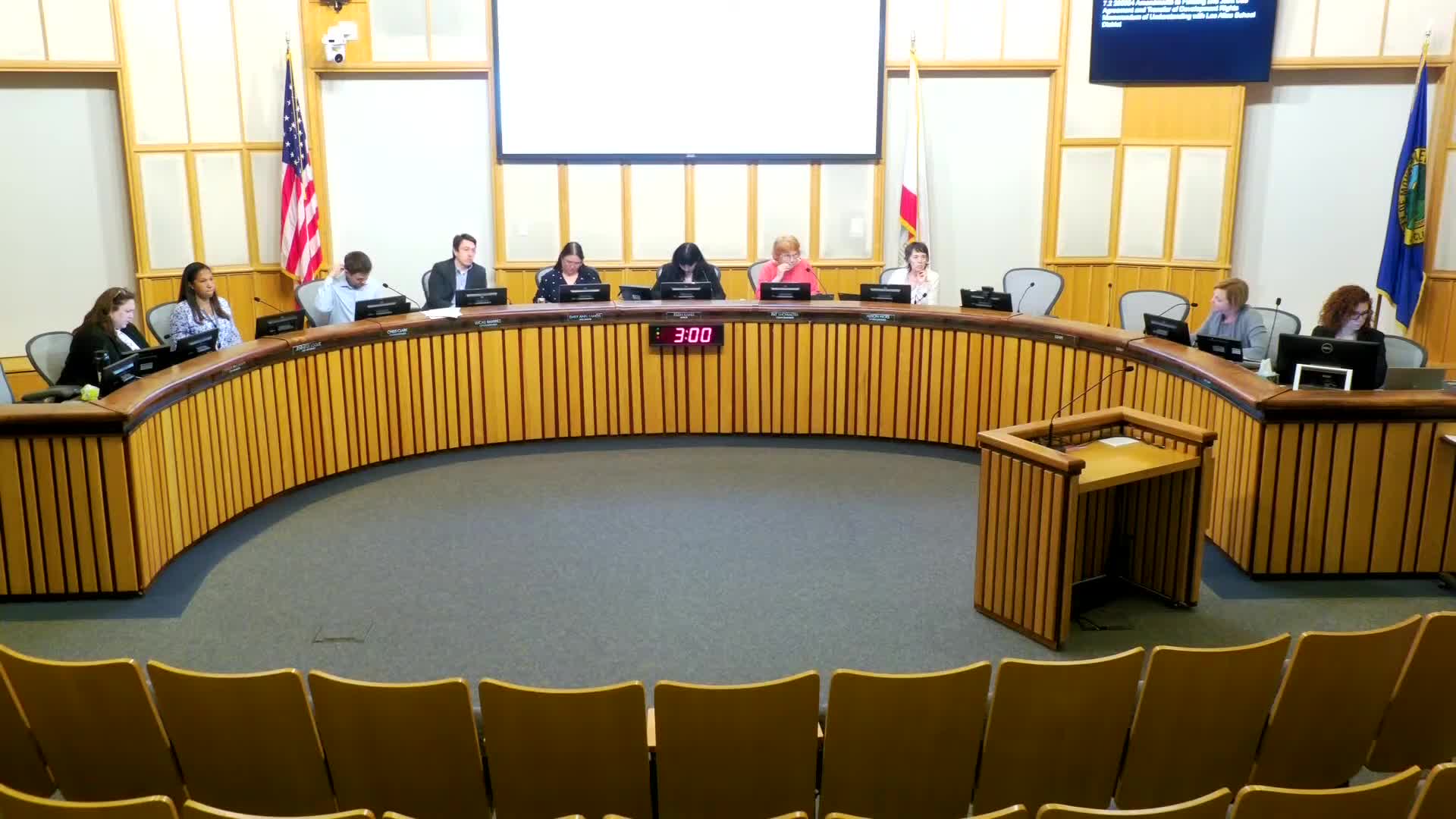
Council approves amendments to Funding & Joint Use Agreement and TDR MOU with Los Altos School District; expands TDR window and extends joint‑use deadline
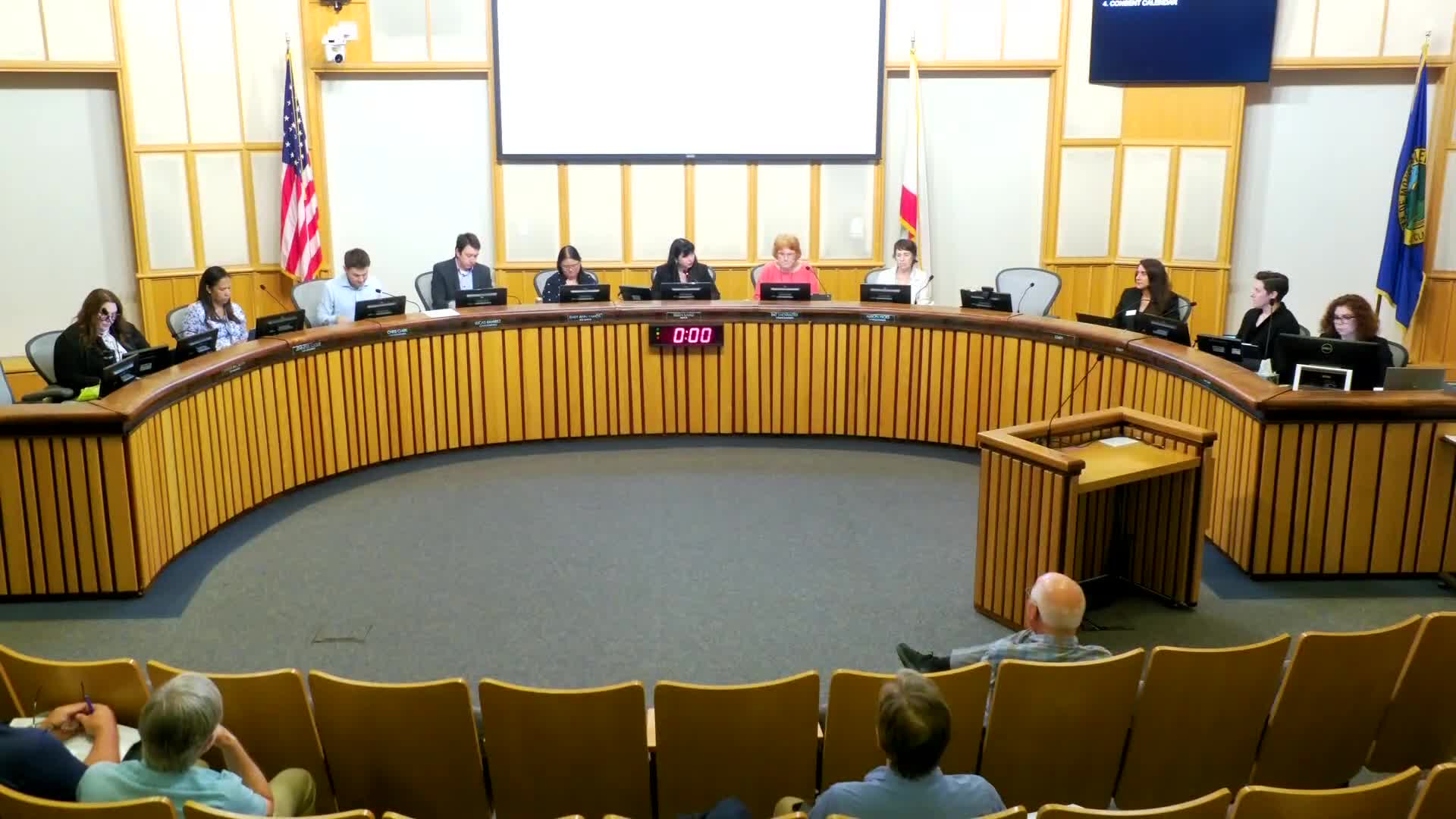
Residents report rising numbers of RVs on Mountain View streets, urge city planning ahead of Navarro settlement expiration
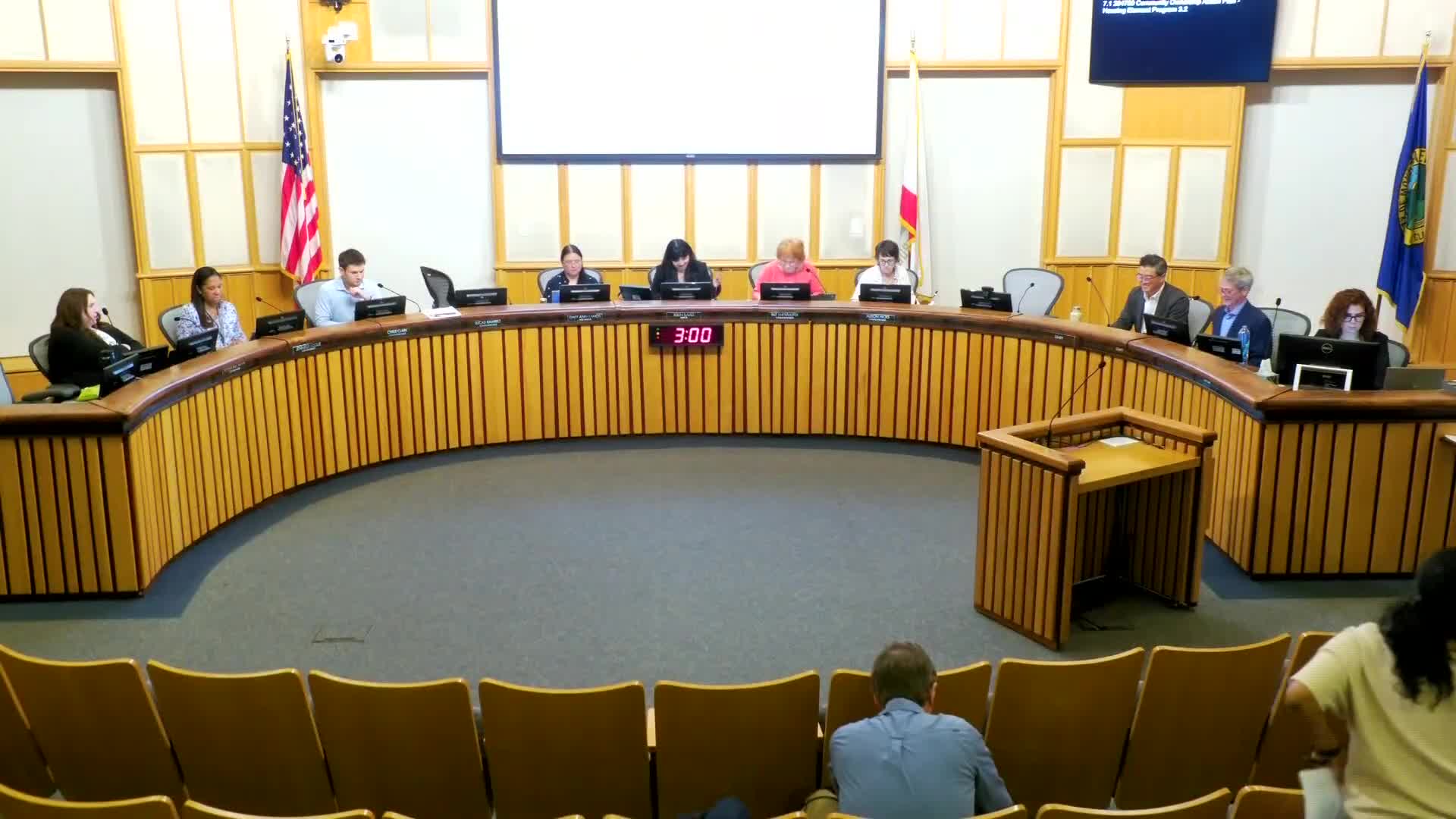
Council adopts Community Ownership Action Plan steps, approves $75,000 technical‑assistance grants
